CHARLESTON, WV., January 19, 2022 – yes. every kid., an education advocacy organization that works to give every student an individualized education, and Americans for Prosperity-West Virginia (AFP-WV), today admonished a lawsuit filed against the state’s new Hope Scholarship program. The suit seeks to take away hard won educational flexibility that parents and students in the Mountain State deserve.
yes. every kid. Executive Director Andrew Clark issued the following statement:
“A student’s opportunities shouldn’t be limited to their family’s income, ZIP code, or school type. It’s disappointing that this effort attempts to take away access to Hope Scholarships that empower nearly every student at public schools to access a customized education that suits their unique needs, whether that’s public, private, charter, virtual, tutoring, or any other type of educational experience. We look forward to the continued implementation of this program and giving West Virginia students the ability to create an individualized approach for an education that isn’t limited to one type of experience.”
AFP-WV State Director Jason Huffman released the following statement:
“This lawsuit merely represents special interests’ latest fleeting effort to keep kids from having the educational flexibility they deserve. It’s disappointing that the aim of this bogus lawsuit is to delay and deny thousands of parents their new-found ability to ensure their kids have access the education that best suits their unique needs. We will continue to promote the proven benefits of this program for students, parents, and educators. Despite this misleading and political attack on educational freedom, the Hope Scholarship remains a rising tide that will lift all ships. We look forward to the courts swiftly rejecting this wholly unfounded lawsuit.”
Background:
The Hope Scholarship program was passed last year by the West Virginia legislature.
The program gives eligible public school students and parents access to potentially $4,600 for each student annually to customize their learning experience. Allowable uses provided by the law include blending their learning experience between their existing public school and out-of-school experiences, such as tutoring, exam prep, and private vocational courses. Parents can use the funds to pay for a micro-school, learning pod, or other at-home learning expenses, tuition to a private school, and a number of other education expenses.
